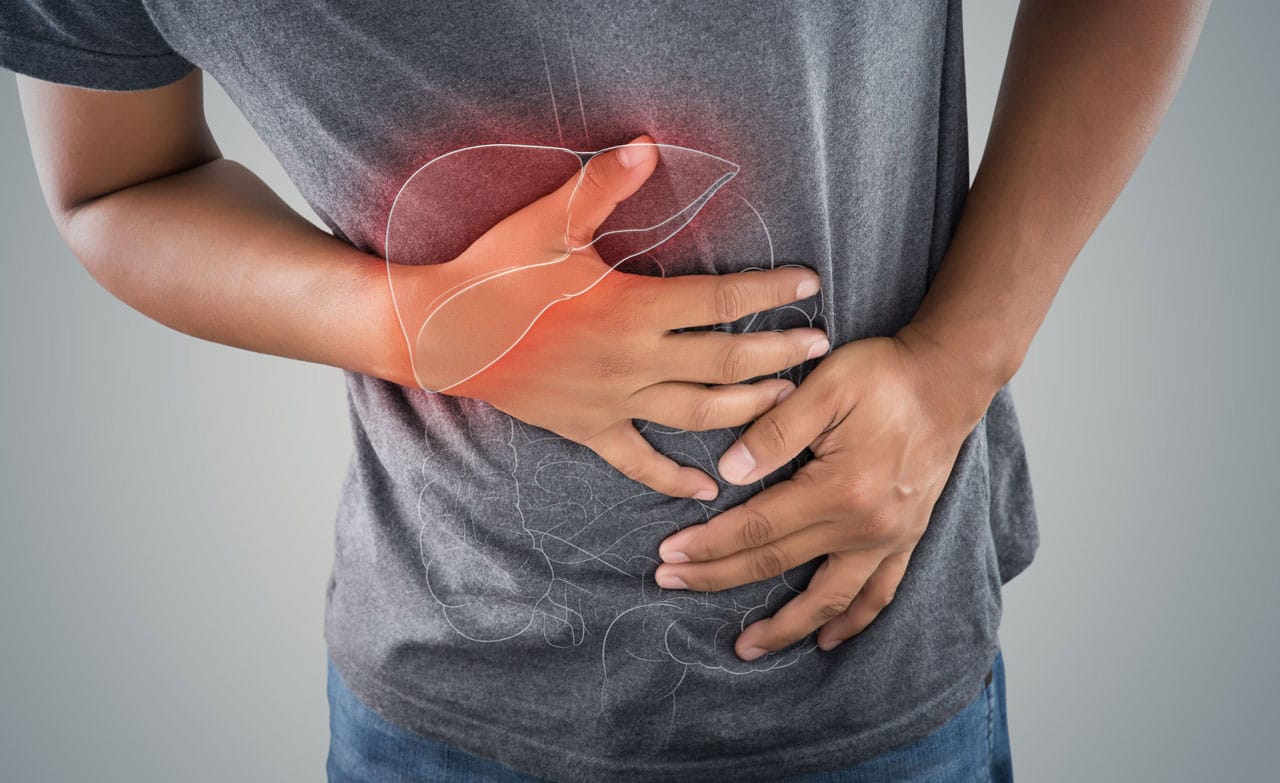
Transmission of Hepatitis
Hepatitis A can be transmitted through the fecal-oral route by consuming contaminated food or water, or during sexual activity especially if oral-anal sex is practiced.
Hepatitis B can be transmitted by direct exposure of mucous membrane to infected blood or bodily fluids. Transmission can occur during sexual activity, needle sharing and childbirth.
Hepatitis C is transmitted by direct contact with infected blood including sharing needle, sharing household items that can be contaminated by blood (e.g. toothbrush, razors), childbirth and using non-sterile needle for tattoo. Hepatitis C can also be spread through sexual activity.
Prevention
Hepatitis A can be prevented by vaccination (2 monovalent: Havrix by GSK and VAQTA by MSD). Men who have sex with men (MSM), drug users and patients with chronic liver diseases (such as chronic hepatitis B and C carriers) should be vaccinated.
Hepatitis B can be prevented by vaccination (2 monovalent: Recombivax HB by MSD and Engerix-B by GSK). Unless the sex partners of hepatitis B carrier show positive immunity condoms should be used correctly and consistently during sexual activity to prevent transmission. Avoid sharing household items that can be contaminated with infected blood, including toothbrushes, razors and needles).
A combined hepatitis A and B vaccine is available (Twinrix by GSK).
(Text Only)

